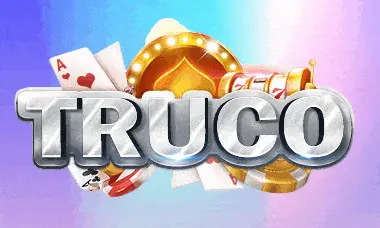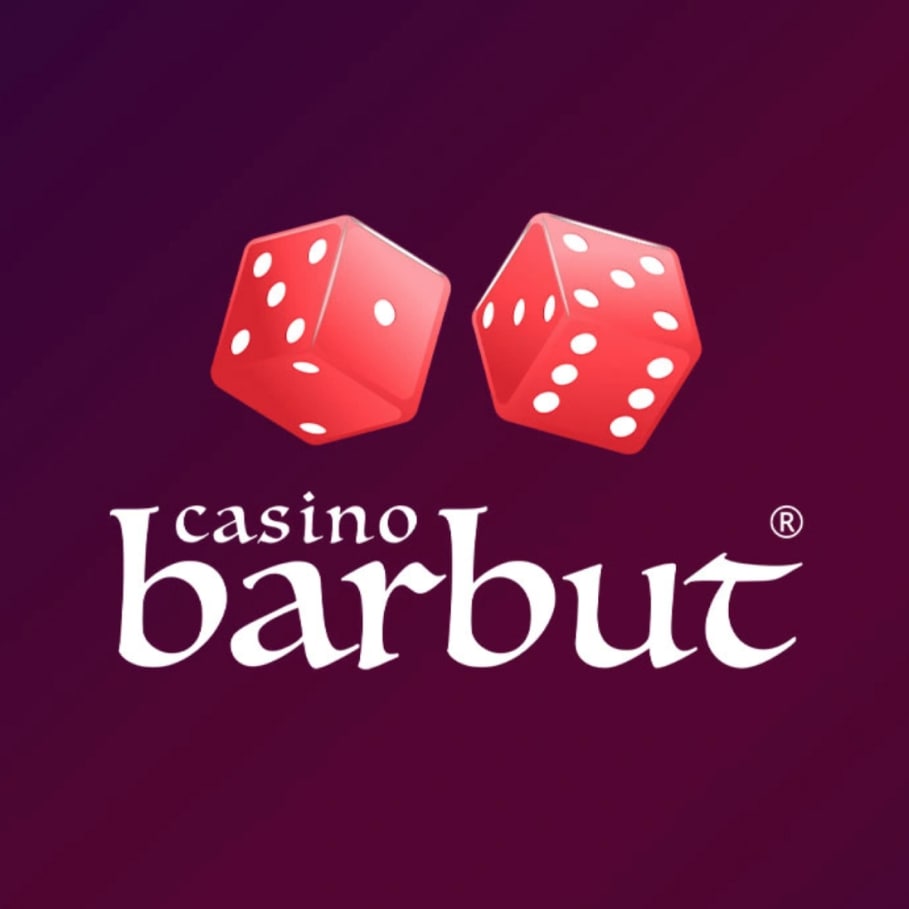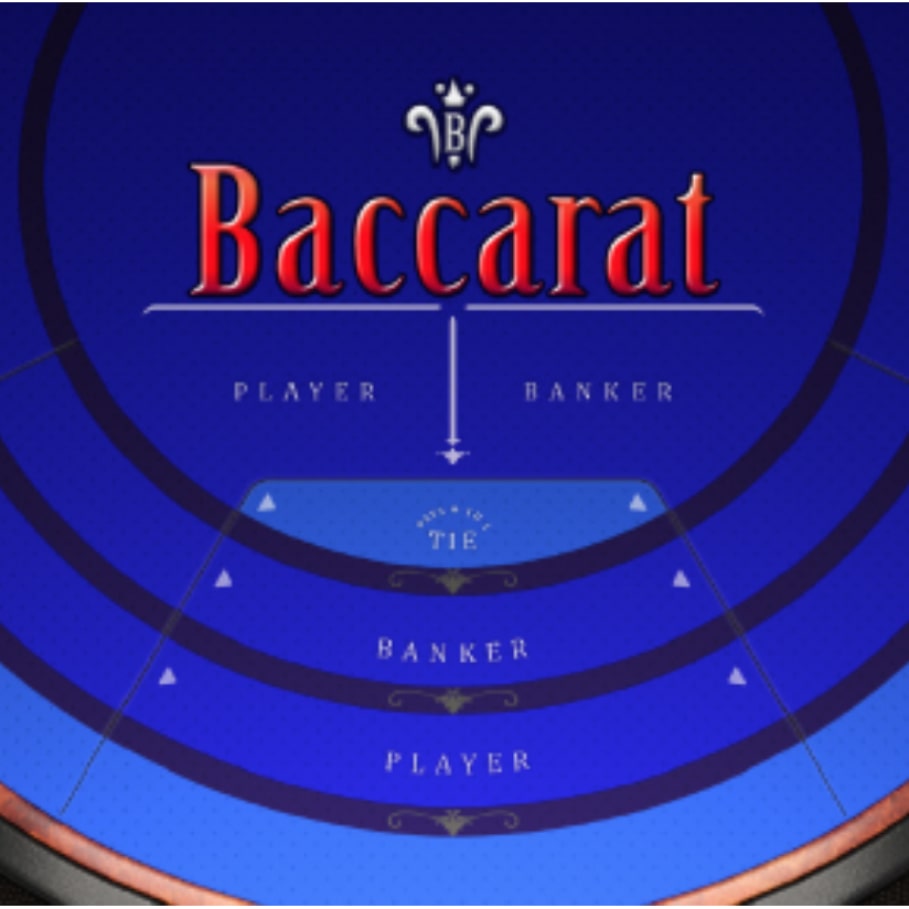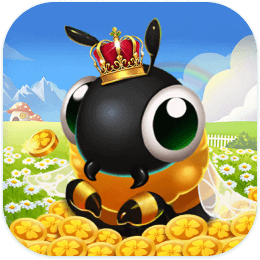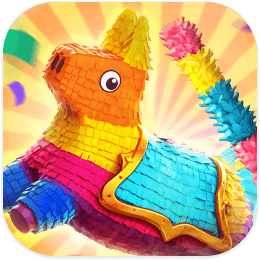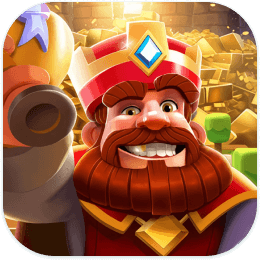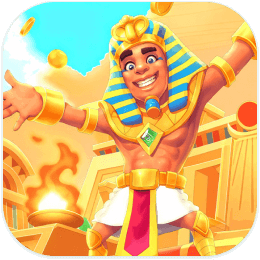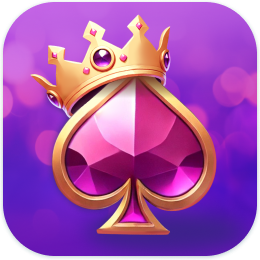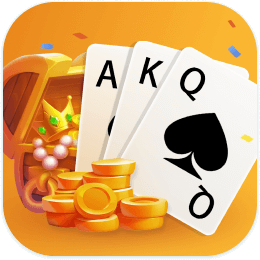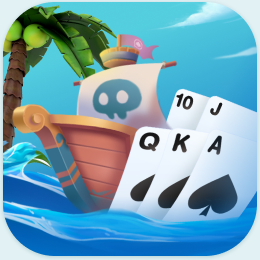Strategic Guide to Designing and Developing Mobile Game Apps
Master the art of designing and developing successful mobile game apps. Gain strategic insights and expert tips to create engaging experiences that captivate users.
With the gaming sector bustling with new competitors, the gaming space is progressively increasing business value. Here’s a peek at some exciting statistics.
- The Mobile Gaming Market is expected to touch USD 300.47 billion by 2028 at a CAGR of 16.22% from 2023-2028.
- Another research study highlights that the global mobile gaming market is estimated to touch USD 338 billion by 2030.
- The smartphone mobile network subscribers’ growth is evident from the image below.
- According to a research study, the gaming industry worldwide is expanding, and smartphones play a significant role. What’s more: platforms like Facebook and Instagram are getting innovative and developing unique mobile games to establish product differentiation.
- A research study attributes the unprecedented success of cloud gaming worldwide to the release of high-speed 5G and unlimited data plans, as most gamers prefer games on their smartphones. Furthermore, according to Ericsson, 5G mobile subscriptions in the Asia-Pacific region are expected to touch around 1,545 million by 2025.
- Another perspective is on the obvious cybersecurity perils, and the mobile gaming industry designers and operators must acknowledge the dangers. Furthermore, games with incredible popularity are often more susceptible to reverse engineering assaults and malware infestation.
Also Read:How Mobile Apps Can Help Boost Your Business?
Key Takeaway: The statistics highlight the rapid growth in the mobile gaming industry, which makes the future of mobile game development bright.
The Importance of Strategy in Game Design and Development
Who wouldn’t want a big idea converted into a winning app? That’s where your strategy team can help a lot. The team can closely understand the requirements. Further, they can analyze, deconstruct, and ensure that the insights can make the mobile game development process easier.
Game designers and developers have a tough job, but strategic game development and design can make the process seamless. Plus, creating a winning game app is an enriching experience. Here are a few insights on the importance of strategy in game design and development.
- Market analysis: To develop compelling gameplay mechanics which increase player engagement, you will need market analysis. The data can help with measurable metrics, which include player demands, competitor performance, market trends, and more. The study further plays a pivotal role in designing and developing your mobile game app, ensuring success.
- Deconstruct: Furthermore, it assists in understanding what works in the game design and development, and what does not and looking at the gaps in the competitive landscape. As entrepreneurs, you will need to future-proof the plan to take care of upcoming opportunities and threats.
- Conceptualization: Strategic game development often pays much attention to the conceptualization phase. It’s here that designers and developers can brainstorm and come up with the game’s core themes, ideas, storyline, mechanics, and more.
- Game mechanics and systems: Your core gameplay experience will involve thoughts on game programming, level design (2D or 3D design work). The game mechanics and the UX helps to focus on how players can stay motivated.
- Improvising: Finally, continuous testing, refining, and working on player feedback and data analysis helps to enhance the quality and appeal of the mobile gaming app.
How to Start the Design & Development of a Mobile Game?
Let’s start by building an app from scratch.
Identifying Your Game’s Core Concept
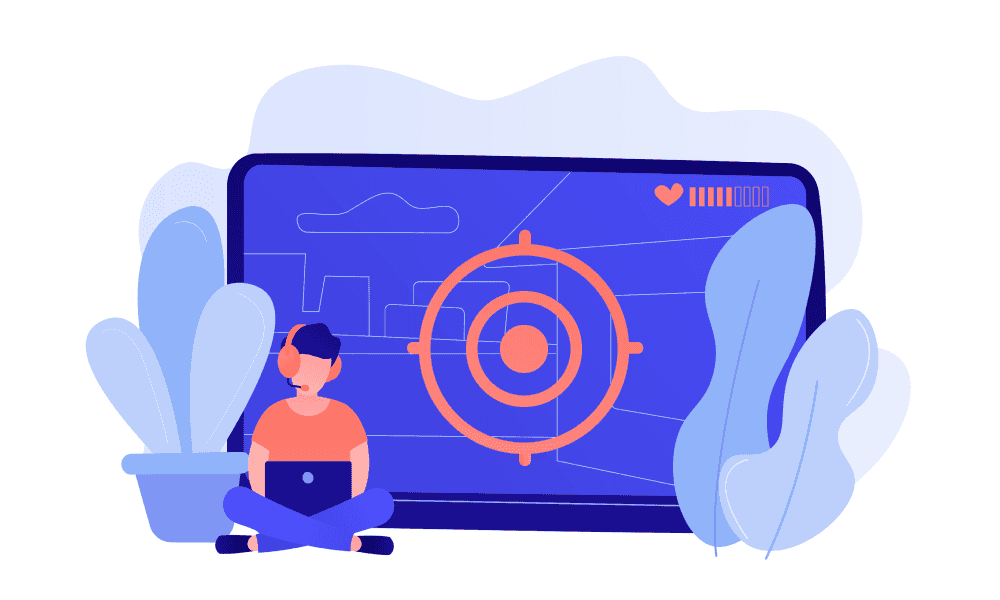
When you’re unsure where to begin, start with collating game ideas. You can iterate on an already-popular mobile game app. Plus, consider innovative technology such as AI and VR, which will have a great base for you to start.
It is critical to have your own game concept in place. What is a game concept? It’s simple - it is an easy-to-understand vision you may have of your game. It can include:
- the story
- the core idea (game’s style, settings, types of characters, key elements, how to play, and the USP)
- the art (creating 2D or 3D assets)
- the extent of development (the platforms for launch, cross-platform creation, porting over to other devices).
- the marketing plan
- how you’re thinking of making money with the game
It’s a road map for how to go about launching the game and keeping the players motivated and invested.
Also Read:Best Strategies to Conduct Market Research for Your Mobile Application Idea
Defining your game’s unique value proposition
Creating games that appeal to your target audience is at the heart of any development process. It helps to have a clearly defined UVP (Unique value proposition).
What is a UVP?
It’s a statement that makes you different from competitors. What’s more: it’s something you can promise to deliver to your target audience. In the gaming industry, a UVP can help you answer, “How is your game better than the others out there?”
A well-defined UVP is a great tool that helps you focus on your marketing objectives. It will help you create a positive impression and an impact on the gaming community. When you think about your UVP, ask yourself.
- What is your game’s role in the gaming industry?
- What part of your game addresses your niche?
- What makes your game different from other competitors?
- Who is it aimed at (target users)?
- Why should they care?
Next, let’s look at the first steps in creating a UVP.
- Do the market research
- Find your target users
- Define the target user’s problems and needs
Finally, create your UVP where you can:
- Describe your product
- Define the benefits
- Present your competitive advantage
- Test the UVP
Establishing clear goals for your game
Setting clear goals for your mobile game is critical for the project’s success. Well-defined goals help the development team understand the vision better and deliver a product that meets your expectations.
Moreover, when you have clarity on what you want to achieve with your mobile game, the development team can think of excellent solutions or alternative approaches to help you reach your goals.
Detailed Game Design: Key Components
Eventually, to make a game eye-catching, developers need to pay special attention to some key components like a mind-boggling idea, outstanding art, mechanics, economy, logic, seamless UX, etc. It will help to create a mobile GDD (game design document), which includes the project’s rules, requirements, and overall workflow.
What is GDD? GDD is a formal document essential for planning and can help avoid mistakes and misunderstandings during the design and development process. Simply, it is the guiding star of the game app development project that highlights and shows the big picture to all stakeholders.

Developing engaging game mechanics
In mobile game apps, game mechanics are essential. Game mechanics blend the elements, processes, and rules that are part of the game. It can include player objectives and rewards. What’s more: you may wish to think of and add character interactions, level design, resource management systems, and more.
Game mechanics can confidently create the perfect gaming experience. In fact, an excellent set of mechanics ensures an engaging experience for players where they feel challenged without difficulty. Furthermore, they are often used to differentiate games from others in the market.
There are types of game mechanics, such as:
- Action mechanics: Examples of action mechanics include skirting obstacles, jumping, etc.
- Role-playing mechanics: allow players to customize their characters as they progress through the game world.
- Strategy mechanics: Examples are puzzle solving and planning combat strategy. The focus is on players using their problem-solving skills.
- Exploration mechanics: The focus is discovering new game world areas. Plus, it has elements of uncovering secrets that may be hidden away from the plain sight of the players.
- Resource management mechanics: The focus is on players managing resources efficiently to succeed. Players often must manage resources such as money, health, etc.
Designing an intuitive user interface (UI)
A key part of creating a winning mobile game app is designing the interface and making it a seamless experience. The UI (User Interface) design is a pivotal facet that can impact the UX, gameplay, and game theme. That’s why you should pay attention to designing a simple and clear UI that ensures that players get the most entertaining and pleasant gaming experience.
Crafting compelling game narrative and character design
Narrative designers for mobile games have a tough job of increasing engagement for players by offering a satisfying context. One needs to work around optimizing narrative opportunities as best as possible. What can work is to have principles like Context, Clarity, Charm, and Consistency used to get an incredible game experience.
According to a research survey of players of Candy Crush Friends – it was found that 13% of players desired that the game introduce the characters and their roles. Around 12% of respondents wished for more of a story in the game. Thus, narrative designers have an exciting challenge to craft a compelling and deeply engaging story, plot, and characters to evoke a holistic storytelling experience.
Balancing game difficulty for player engagement
Balancing a game’s difficulty can be tough. Why? It’s simple: the learning curves differ for diverse players and depend on skill levels. The catch is if it is too easy, it can get boring. On the other hand, it can get frustrating if it is too difficult.
Developers can use player feedback to design the game difficulty and tweak it to balance a game. It is also a great idea to run a beta test and get feedback and comments from the actual target audience of the game. It can help to improve the balance early.
Technology Selection: iOS vs. Android Development
When planning mobile game development, you should think about the platform. One of the first choices is typically considering Android and iOS. Both platforms are very different in technical terms. Android has an open-source code. Thus, it can easily be adapted for thousands of diverse devices. However, iOS is closed and works only on Apple devices.
Here’s the thing: each platform has a specific target audience. Therefore, it will help to study the geography and interests of the target users. Alternatively, you can also choose to go for a hybrid model. However, you would need to consider the additional costs involved in developing a game for multiple platforms.
Technical considerations
Here are some facets to consider regarding technical considerations for Android and iOS.
- Android offers open-source code, whereas iOS offers closed-source code (aka proprietary code).
- iOS apps are typically built on Swift, Apple’s native programming language. Android apps are created with Kotlin and Java. For programmers (both new and experienced), iOS is generally easier to develop. On the other hand, when it comes to developing iOS apps, the development takes less time, and they are more reasonable in terms of costs to build and maintain than Android apps.
- Apple’s development tools are slightly more difficult to set up and start than Android’s. Google offers development tools like Jetpack (a popular mobile app development platform). It also provides its Android SDK development kit that’s connected to Android Studio.
- When designing the App’s UI, Apple offers an API, SwiftUI Design tools, and Storyboards in Xcode. Coding for iOS needs less extensive resources in contrast to Google.
- When coding for iOS devices, the coding process is streamlined as developers have less fragmentation (or less variation between devices to handle). Thus, the uniform experiences of core features across iOS devices help create a cohesive UX. On the other hand, Android applications have different types of devices developers must cater to, which includes diverse speeds, screen resolutions, screen sizes, etc.
Bottom line: Comparing iOS and Android can be a difficult choice. You can plot down various factors to decide. Suppose you still need to figure out the platform (iOS or Android). In that case, it is best to contact a proficient mobile app development company, such as Imaginovation, who can guide you through making a choice.
Demographic considerations
Yet another exciting facet is to check the broad global audience. Here’s the thing: Android would be good for an audience from Asia, Latin America, and Africa over iOS, as Android users prefer Android. Plus, it’s more likely to have a technical job in the market.
In contrast, iOS is better for an audience in Western Europe, North America, and Australia. Ultimately, checking out who you’re targeting with your app is good. The insights will help to make an informed decision.
Mobile Game Development Process
1. Pre-production and Planning
Game development is a crucial process for the success of the game app. The initial phase (pre-production) focuses on creating core concepts and combining the initial design documents. It is a stage where one takes time to plan to develop a game, and it helps streamline all processes.
In this phase, designers and developers will focus on gathering inputs on target audiences, key gameplay mechanics, game demography, etc. Prototyping in pre-production game development can improve the game. The phase is critical as it lays out a ground map and helps to direct the team’s actions in the production phase.

2. Production - Building the Game
Production is a time and effort-consuming stage in the mobile game development process. During this stage, the team will work on character models and rendering. Plus, they focus on the audio part of the game and designing levels. Yet another factor that will get into development is coding, and project managers ensure the seamless work of all the departments, meeting the set deadlines, and more.
3. Post-production - Testing and Polishing
Testing is a critical step of the development process. Finally, the development game will be set for launch. The stage can get stressful; however, there will be reports of new bugs or crashes in the first few months after the launch.
The goal during this step is to keep the gaming experience seamless and smooth and retain the target users. Moreover, the game will evolve, and it is a responsibility to reflect on updates and work on releasing new versions. Adding fresh content helps to keep users engaged and keeps the game relevant.
Monetizing Your Mobile Game: Strategies for Success
A game is a huge investment. You’re investing money not only in your dev team but in various other talents (like artists and voice actors), as well as hosting. Naturally, you want to see your game succeed and get a good ROI.
It is great to follow a monetizing plan to meet your revenue targets. You may consider choosing the premium way or freemium model to make money from the app. Here are some popular monetization strategies.
1. In-app purchases
It is one of the most basic ways of earning money. Here one can consider selling characters, skins, and scenes and make money through such ways.
2. Advertising
You can incorporate a pay-per-click revenue model to monetize your game. Using a PPC model is quite popular nowadays, as it generates incredible ROI. According to Google, for every dollar spent on a PPC ad, a company can expect two dollars back!
You should be careful with the placement of the ads, as they could be annoying and may prove to be counterproductive. You can also allow the user to opt for an Ad-free version.
3. Subscription models
You can consider earning money by developing a paid app. What does this imply? It means the players will pay you some money before downloading the game. Furthermore, you can also consider a premium version of the game, where users can download the game and pay to play different levels after that.
Wrapping Up
Developing a mobile game that has the potential to rank is an exciting process. With a streamlined development process, you can delight your target users and boost your ROI. It’s time you focus on developing a successful mobile game to help your business grow, with strategic facets to earn a terrific competitive advantage.
Build A Successful Mobile Game App with Imaginovation
Your gaming app idea needs to be backed by a systematic approach to development. We at Imaginovation have helped many startups and enterprise businesses build successful mobile gaming apps.
If you have a game app idea and want to turn your idea into a digital reality, contact us.
Michael GeorgiouCo-Founder We’ve got you covered. Click the button below to get started.
Get started today Understanding the Current Mobile Gaming Landscape The Importance of Strategy in Game Design and Development How to Start the Design & Development of a Mobile Game? Wrapping Up Build A Successful Mobile Game App with Imaginovation We’ve got you covered. Click the button below to get started.
Get started today How Big Is the Mobile Gaming Industry?How Do You Make a Gaming App?What Are the Steps to Designing a Game App? Oct 11 2024A Complete Guide to Hospital Inventory Management Software DevelopmentAn effective management of pharmaceuticals and medical supplies is crucial in the medical sector. However, managing hospital inventories is…
Oct 8 2024What is HL7 Integration and Its Importance for Healthcare Businesses?In 2024, healthcare facilities use multiple systems to streamline patient care and reduce paperwork. However, systems like EMRs, insurance…
Oct 4 2024IoT in Inventory Management: Benefits and Implementation GuideThe Internet of Things (IoT) is transforming the business landscape, and inventory management is no exception. In today’s fast-paced, tech…
View All Posts
Literally Mindblowing Gameplay. 15 to 20-minute intense playtime. Enter the arena, go three rounds against The Dealer, and walk away with the prize.
This site only collects related articles. Viewing the original, please copy and open the following link:Strategic Guide to Designing and Developing Mobile Game Apps

